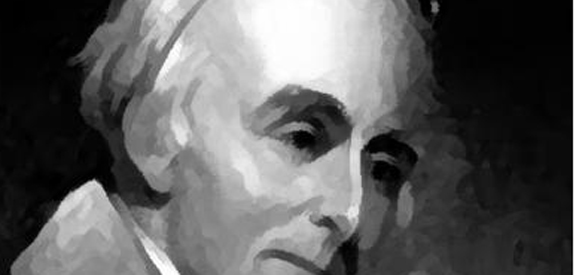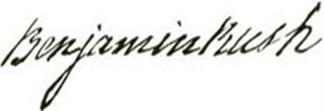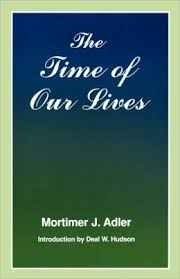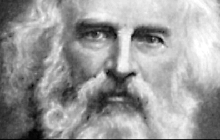RELIGION, n.[L. religio, from Religo, to bind.] 3. As distinct from virtue, or morality, consists of the performance of the duties we owe directly to God, from a principle of obedience to his will. Hence we often speak of religion and virtue as different branches of one system, or the duties of the first and second tables of the law. “Let us with caution indulge the supposition, that morality can be maintained without religion.” – Geo. Washington
——-
{Benjamin Rush was a Founding Father of the United States. Rush lived in the state of Pennsylvania and was a physician, writer, educator, humanitarian, as well as the founder of Dickinson College in Carlisle, Pennsylvania. Rush signed the Declaration of Independence and attended the Continental Congress. He served as Surgeon General in the Continental army. Later in life, Rush became a professor of chemistry, medical theory, and clinical practice at the University of Pennsylvania. Despite having a wide influence on the development of American government, he may be more famous today as the man who, in 1812, helped reconcile the friendship of Thomas Jefferson and John Adams by encouraging the two former Presidents to resume writing to each other.(Source)}
“Liberty without virtue would be no blessing to us.” – Benjamin Rush
“[T]he only foundation for a useful education in a republic is to be laid in religion. Without this there can be no virtue, and without virtue there can be no liberty, and liberty is the object and life of all republican governments.” – Benjamin Rush. Date: 1806. On the Mode of Education Proper in a Republic
“Without religion, I believe that learning does real mischief to the morals and principles of mankind.” – Benjamin Rush. Date: March 19, 1783. Letter to John Armstrong
“In such a performance you may lay the foundation of national happiness only in religion, not by leaving it doubtful ‘whether morals can exist without it,’ but by asserting that without religion, morals are the effects of causes as purely physical as pleasant breezes and fruitful seasons.” –Benjamin Rush. Date: August 20, 1811. Letter to John Adams
“I lament that we waste so much time and money in punishing crimes and take so little pains to prevent them…we neglect the only means of establishing and perpetuating our republican forms of government; that is, the universal education of our youth in the principles of Christianity by means of the Bible; for this Divine Book, above all others, constitutes the soul of republicanism…. By withholding the knowledge of [the Scriptures] from children, we deprive ourselves of the best means of awakening moral sensibility in their minds.” – Benjamin Rush. Letter written (1790’s) in Defense of Bible Instruction in American Schools










